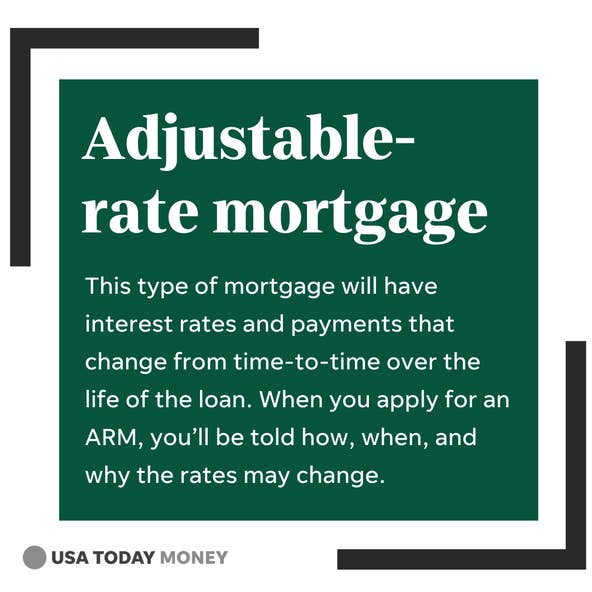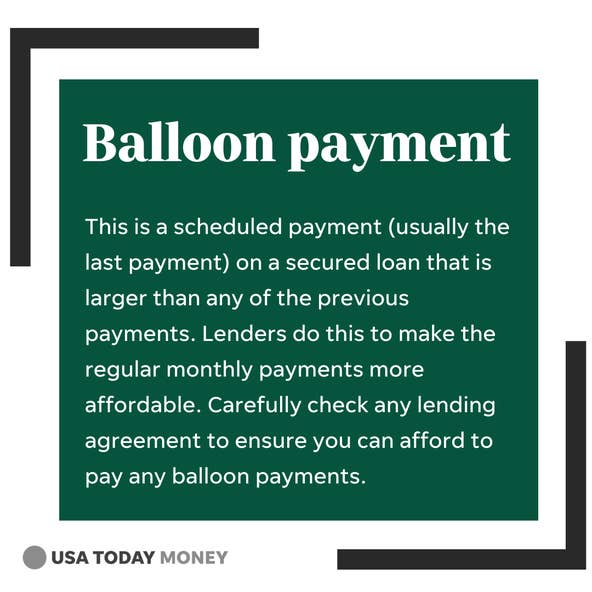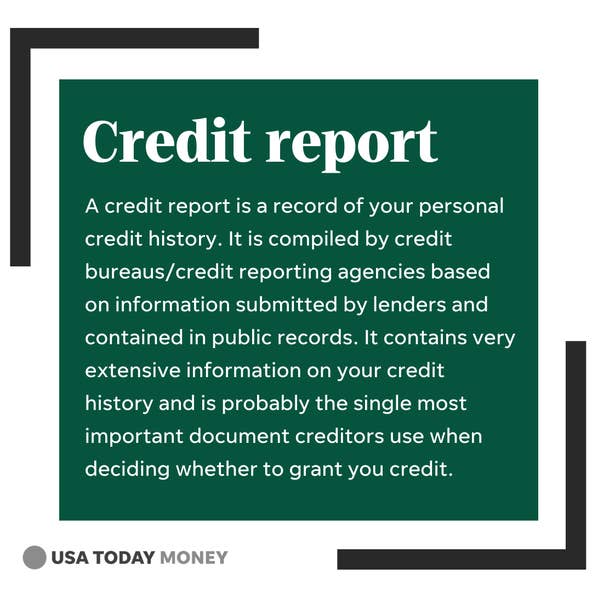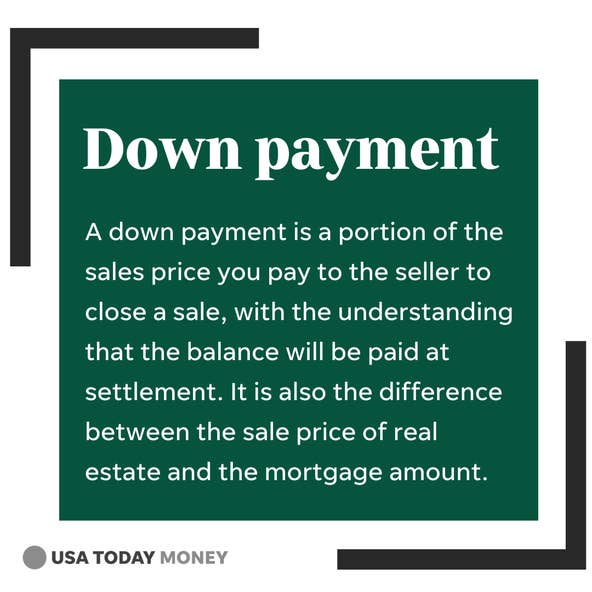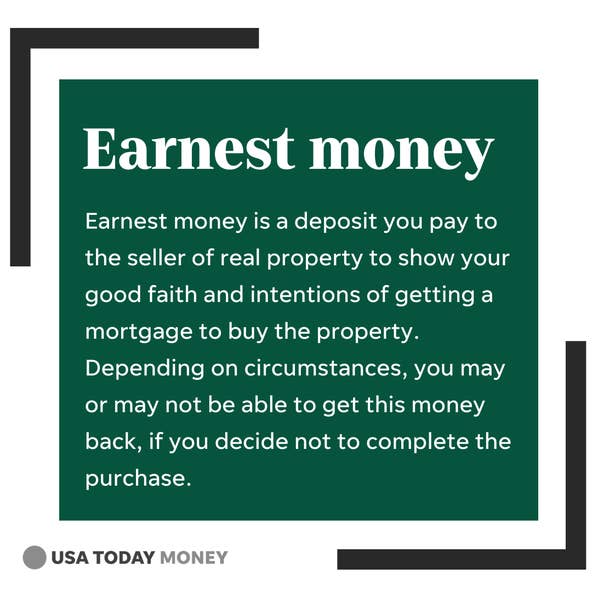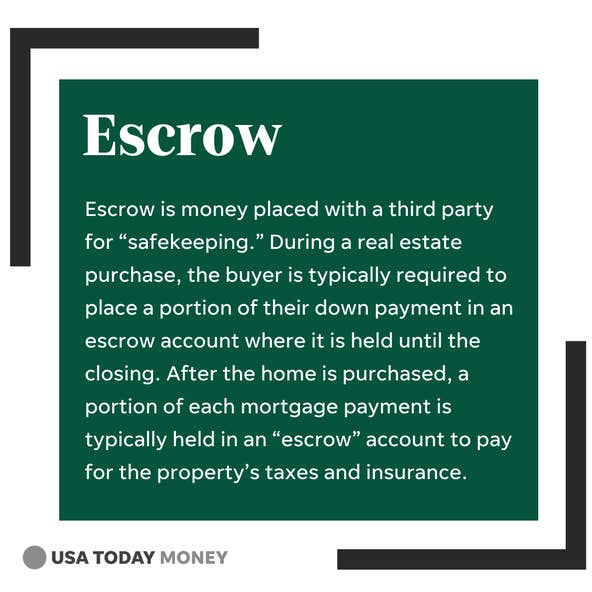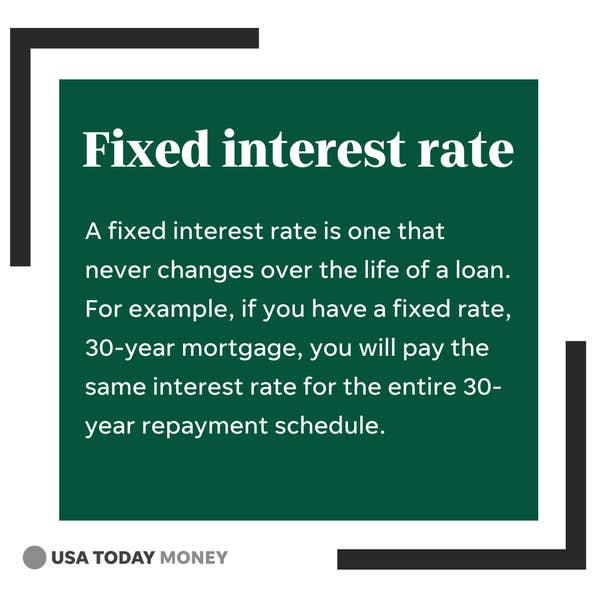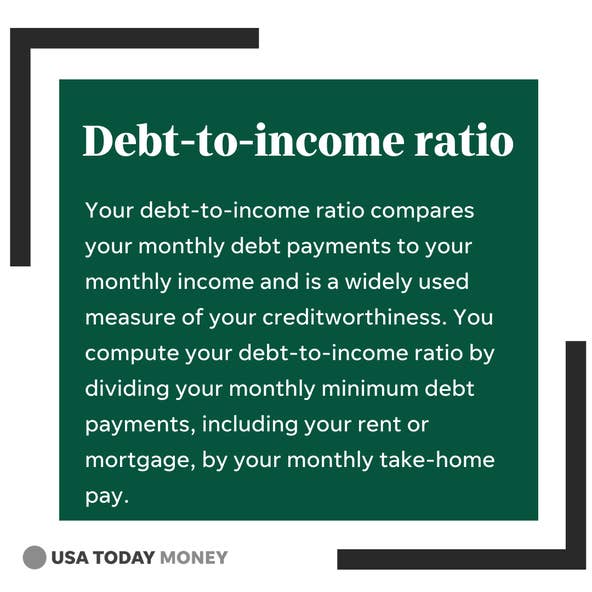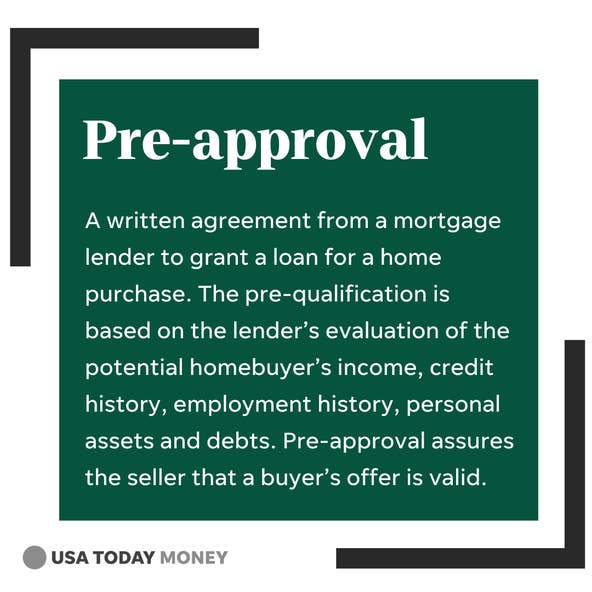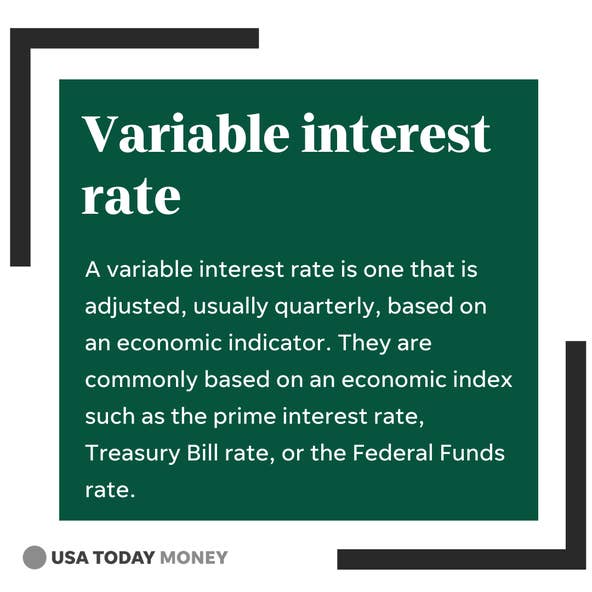Understanding real estate jargon can be overwhelming. Don’t worry! This handy list of terms will have you speaking like a pro in no time.
Starter home: Starter or entry-level homes are 1,400 square feet or less and cost less than $250,000, according to Freddie Mac and other housing experts.
Adjustable-rate mortgage: This type of mortgage will have interest rates and payments that change from time-to-time over the life of the loan. When you apply for an ARM, you’ll be told how, when, and why the rates may change.
Balloon payment: This is a scheduled payment (usually the last payment) on a secured loan that is larger than any of the previous payments. Lenders do this to make the regular monthly payments more affordable. Carefully check any lending agreement to ensure you can afford to pay any balloon payments.
Balanced market: This is when a housing market favors neither buyers or sellers and usually has about six months of available inventory. To determine available inventory, take the number of homes currently for sale and divide by sales in the past 30 days.
Buyer’s market: There is more than six months of available inventory of homes
Seller’s market: There is less than six months of available inventory of homes.
Credit report: A credit report is a record of your personal credit history. It is compiled by credit bureaus/credit reporting agencies based on information submitted by lenders and contained in public records. It contains very extensive information on your credit history and is probably the single most important document creditors use when deciding whether to grant you credit.
Down payment: A down payment is a portion of the sales price you pay to the seller to close a sale, with the understanding that the balance will be paid at settlement. It is also the difference between the sale price of real estate and the mortgage amount.
Earnest money: Earnest money is a deposit you pay to the seller of real property to show your good faith and intentions of getting a mortgage to buy the property. Depending on circumstances, you may or may not be able to get this money back, if you decide not to complete the purchase.
Escrow: Escrow is money placed with a third party for “safekeeping.” During a real estate purchase, the buyer is typically required to place a portion of their down payment in an escrow account where it is held until the closing. After the home is purchased, a portion of each mortgage payment is typically held in an “escrow” account to pay for the property’s taxes and insurance.
Fixed interest rate: A fixed interest rate is one that never changes over the life of a loan. For example, if you have a fixed rate, 30-year mortgage, you will pay the same interest rate for the entire 30-year repayment schedule.
Debt-to-income ratio: Your debt-to-income ratio compares your monthly debt payments to your monthly income and is a widely used measure of your creditworthiness. You compute your debt-to-income ratio by dividing your monthly minimum debt payments, including your rent or mortgage, by your monthly take-home pay.
Jumbo loan: The value of a jumbo mortgage varies by state—and even county. The limit for 2022 was set at $647,200 for most of the country. For counties that have higher home values, the baseline limit is set at $970,800, or 150% of $647,200.
Private Mortgage Insurance (PMI): A type of insurance that a borrower might be required to buy as a condition of a conventional mortgage loan. Most lenders require PMI when a homebuyer makes a down payment of less than 20% of the home’s purchase.
Pre-approval: A written agreement from a mortgage lender to grant a loan for a home purchase. The pre-qualification is based on the lender’s evaluation of the potential homebuyer’s income, credit history, employment history, personal assets and debts. Pre-approval assures the seller that a buyer’s offer is valid.
Variable interest rate: A variable interest rate is one that is adjusted, usually quarterly, based on an economic indicator. They are commonly based on an economic index such as the prime interest rate, Treasury Bill rate, or the Federal Funds rate.
SOURCE: https://www.usatoday.com/picture-gallery/money/personalfinance/real-estate/2022/02/16/real-estate-terms-escrow-mortgage-rate/6805704001/

